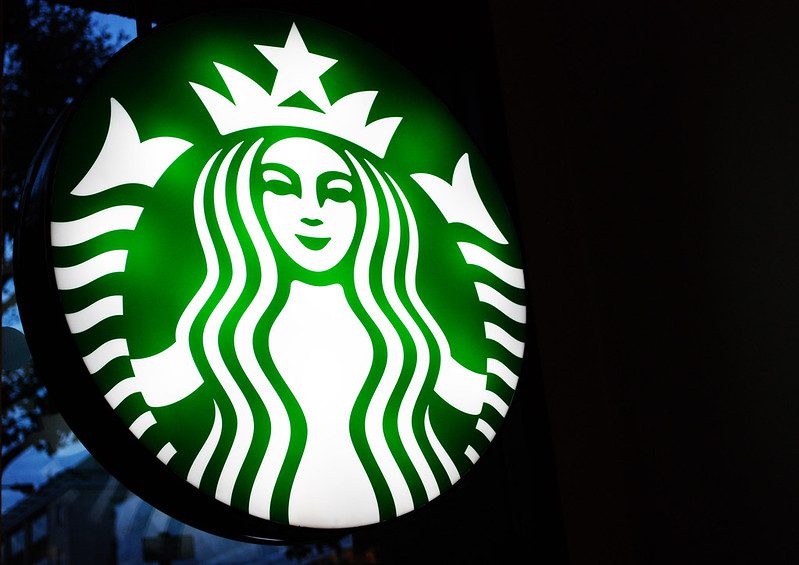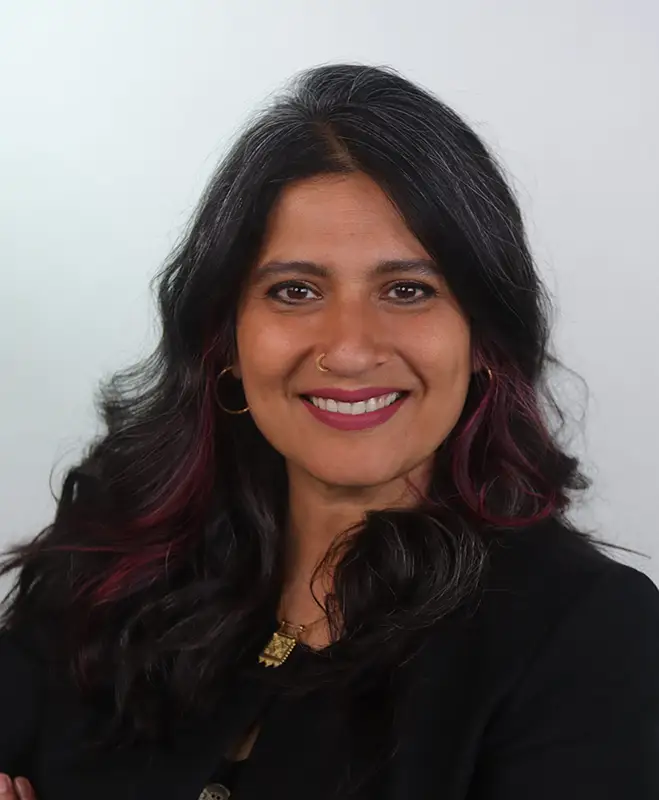The following is an excerpt of an article that was originally published on Pressenza.
It is hugely significant that even one café out of thousands in the iconic Starbucks coffee chain has beaten back the company’s union-busting tactics to choose collective power in the workplace.
By Sonali Kolhatkar
The iconic American coffee chain, Starbucks, employs hundreds of thousands of people in nearly 9,000 cafés nationwide. And yet, the news that a handful of Starbucks employees at one café in Buffalo, New York, recently voted to join Workers United—an affiliate of SEIU—made headlines nationally. The New York Times called it a “big symbolic win for labor,” while the Washington Post hailed it as a “watershed union vote.” Social media feeds were replete with joyous posts celebrating the vote. The café, located on Elmwood Avenue, was the only one out of three union-voting Starbucks locations in Buffalo that successfully chose to unionize.
“It is significant,” says Cedric de Leon of the Starbucks union vote. De Leon is the director of the Labor Center at the University of Massachusetts Amherst, where he is an associate professor of sociology, and he is the author of several books about labor organizing in the U.S. “The employer knows it and the workers know that establishing a beachhead in one of the largest corporations, and really an iconic brand in the U.S. hospitality market, is a major accomplishment.”
Ahead of ballots being cast, Starbucks tried to delay the vote and even stacked the Buffalo cafés with new staff to try to dilute “yes” votes. It flew in external managers to closely watch workers in what was seen as brazen intimidation. The company, which has long resisted union activity, brought its former Chief Executive Howard Schultz to Buffalo to discourage workers from unionizing, even shutting down its cafés during his Saturday visit so they could attend what was essentially a captive-audience address.
Given that Starbucks would go to such lengths to stop just a handful of stores from joining a union, it’s no surprise that it took 50 years after its founding for a single café to unionize. And it’s no wonder that commentators are shocked by what is a potentially groundbreaking event.
During his address, Schultz, who remains Starbucks’ largest shareholder, reportedly spoke of the company’s health insurance benefits and tuition assistance as reasons why a union was unnecessary. Believing he knows what is best for workers, Schultz had written in his first memoir, “I was convinced that under my leadership, employees would come to realize that I would listen to their concerns. If they had faith in me and my motives, they wouldn’t need a union.”
Yet there is evidence that Starbucks workers could indeed use the collective bargaining power that a union confers. A study by Unite Here of thousands of Starbucks employees working at airport locations found a racial pay gap with Black workers earning $1.85 less per hour than their white counterparts. Nearly one in five of those workers reported not having enough money to purchase food.
Read more at Pressenza.
Sonali Kolhatkar is the founder, host and executive producer of “Rising Up With Sonali,” a television and radio show that airs on Free Speech TV and Pacifica stations. She is a writing fellow for the Economy for All project at the Independent Media Institute.

